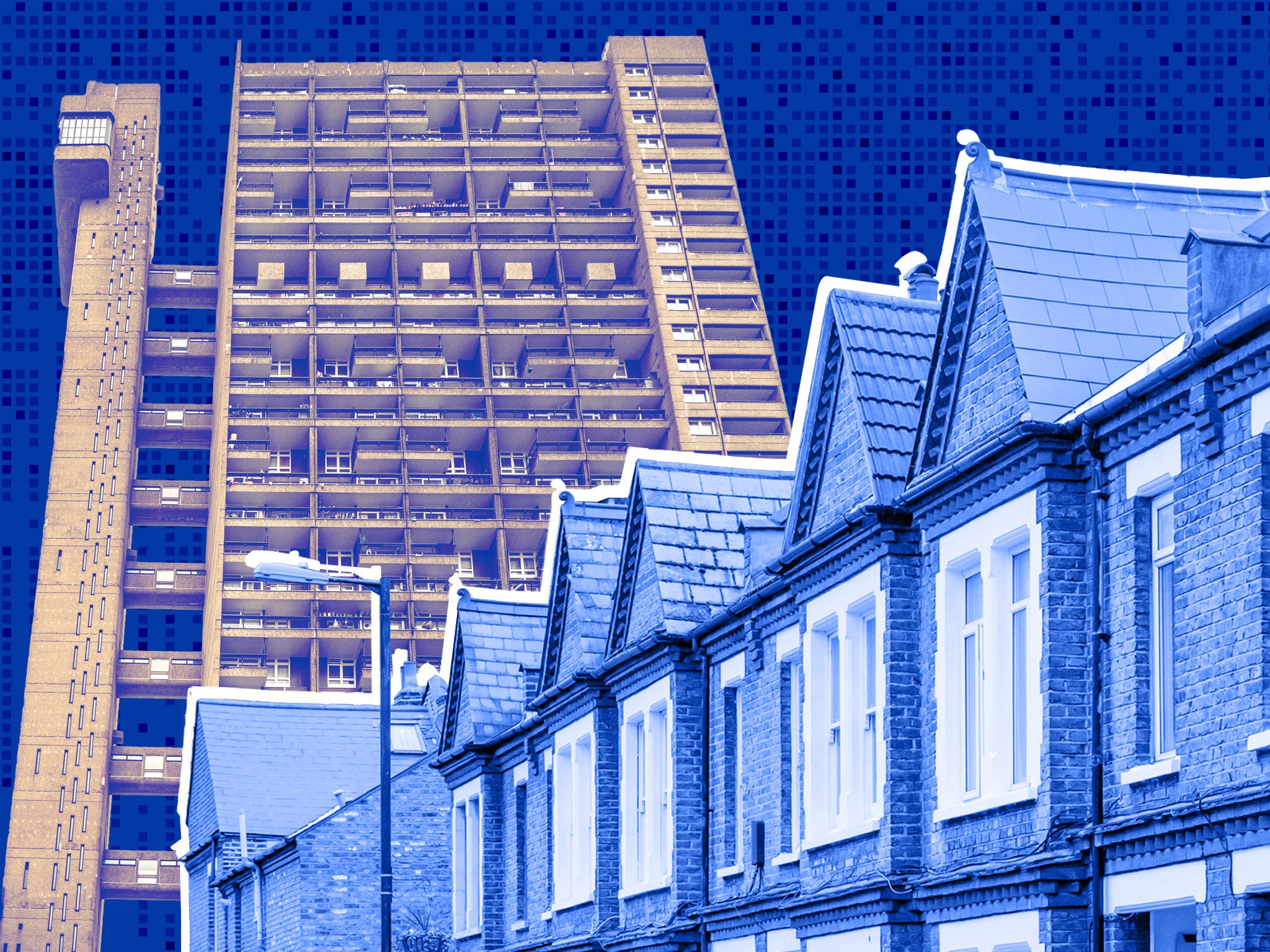Government looking at rent rise cap for social housing tenants during cost of living crisis
Social landlords ‘very concerned’ at proposals to limit annual rent hike to 3 per cent

Your support helps us to tell the story
From reproductive rights to climate change to Big Tech, The Independent is on the ground when the story is developing. Whether it's investigating the financials of Elon Musk's pro-Trump PAC or producing our latest documentary, 'The A Word', which shines a light on the American women fighting for reproductive rights, we know how important it is to parse out the facts from the messaging.
At such a critical moment in US history, we need reporters on the ground. Your donation allows us to keep sending journalists to speak to both sides of the story.
The Independent is trusted by Americans across the entire political spectrum. And unlike many other quality news outlets, we choose not to lock Americans out of our reporting and analysis with paywalls. We believe quality journalism should be available to everyone, paid for by those who can afford it.
Your support makes all the difference.The government is considering plans to cap rents for social housing tenants in England next year to ease some of the pain of the cost of living crisis.
Rent increases for people living in social homes could be capped at 3 per cent during the next financial year from April, the levelling up department has announced.
But council bosses and housing association chiefs said they were “very concerned” that a cap on rents would hamper their own ability to keep up with soaring costs and invest in new homes.
The Department for Levelling Up, Housing and Communities (DLUHC) said it had launched a consultation on a rent cap – insisting that the most vulnerable households “must” be protected from huge hikes.
The cap could see annual rents capped at 3, 5 or 7 per cent from April 2023 to control tenants’ costs – amid warnings that inflation could hit 22 per cent next year if soaring gas prices fail to come down.
Currently, social landlords can increase rents in line with the Consumer Prices Index (CPI) plus one percentage point. The CPI is 10.1 per cent, which means these could rise by at least 11.1 per cent in September.
A cap of 5 per cent would save tenants on average £300 per year, compared to the scenario of rents rising in line with inflation plus one per cent, according to the DLUHC.
Housing secretary Greg Clark said the government “must protect the most vulnerable households in these exceptional circumstances during the year ahead”.
He added: “Putting a cap on rent increases for social tenants offers security and stability to families across England. We know many people are worried about the months ahead.”
However, the Local Government Association (LGA) and the National Housing Federation (NHF) both said they were “very concerned” that a cap “will significantly impact on housing providers’ ability to provide critical services for residents and invest in new and existing homes”.
In a joint statement, LGA chair James Jamieson and NHF chief executive Kate Henderson said they “will do all they can to keep increases low where possible” and would be talking to members before responding in detail.
The levelling up department said it understands a cap would affect social housing landlords and said it is “engaging fully” with the sector.
The government is also seeking views on whether social rent rises the following year should also be limited. The consultation will close on 12 October, with a final decision announced later this year, DLUHC said.
Earlier on Tuesday, US investment bank Goldman Sachs warned that inflation could hit 22 per cent next year if soaring gas prices fail to come down, forecasting a recession to begin in the fourth quarter.
It follows confirmation from British energy regulator Ofgem that the price cap would rise to more than £3,500 in October, with charities warning millions of households will be plunged into fuel poverty as a result unless the government urgently steps in.
On Tuesday, Boris Johnson urged Britons to have a sense of “hope and perspective” during tough times and insisted that his successor – either Liz Truss or Rishi Sunak – would provide further support for energy bills.
However, Truss has yet to commit to any further direct payments to ease the pain of gas and electricity bills. The strong favourite is thought to upping support to the most vulnerable through the benefits system. But unlike Sunak, she has ruled out extra universal payments with bills.




Join our commenting forum
Join thought-provoking conversations, follow other Independent readers and see their replies
Comments